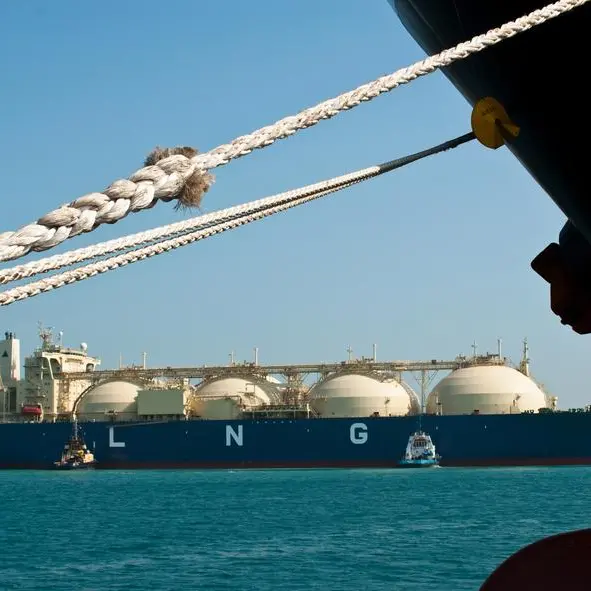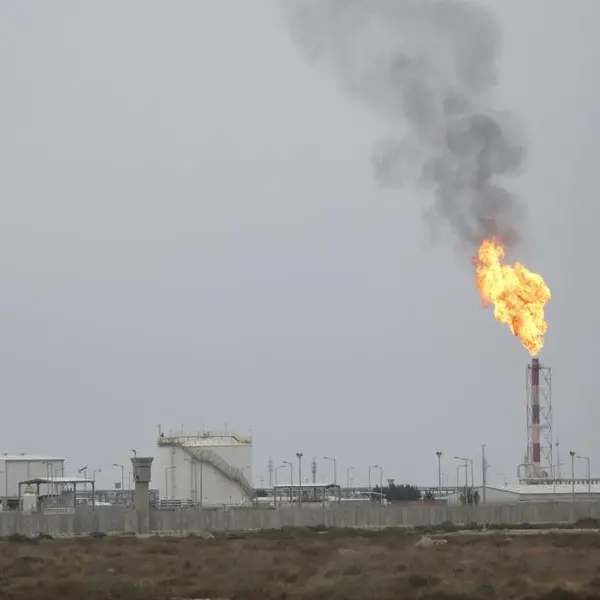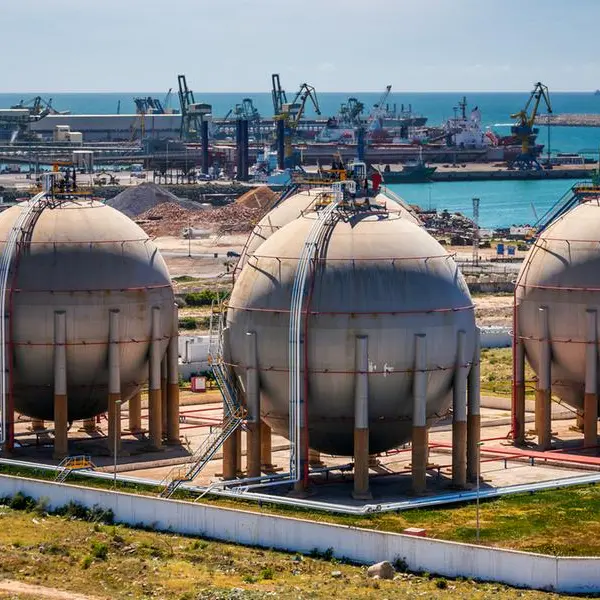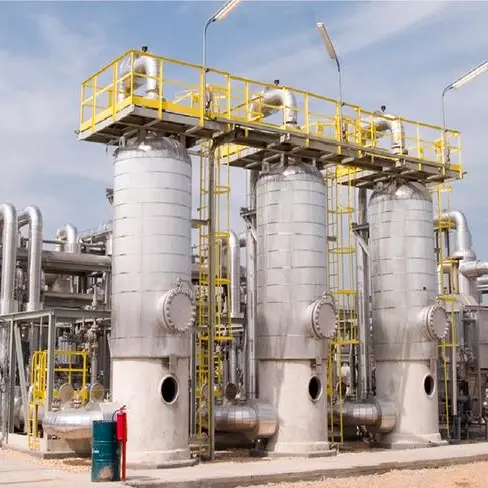PHOTO
The relentless fall in oil prices from more than $120 a barrel a few months ago to far below $90 could easily reverse as analysts argue that the fast depleting global spare oil production capacity and a resurgence in economies would trigger a quick rebound.
Shrinking US strategic petroleum reserves (SPRs) and European Union’s move to severely limit its purchases of Russian oil are likely to aggravate the supply, leading to a sharp rebound in prices that hit the lowest in months on Friday.
SPRs have shrunk to their lowest level in nearly 40 years. Crude oil inventories declined by nearly 7.0 million barrels in the week to September 16, falling to 427.2 million barrels – the lowest since 1984, according to oil market data. According to a report, this is the first time the SPR has held less oil than commercial storage since 1983. As of September 16, there were 430.8 million barrels of oil in commercial storage facilities.
The US benchmark oil price tumbled below $80 a barrel on Friday for the first time since January as traders grew increasingly worried that much of the world was headed into a recession or was already in one.
Oil prices had been rising for the better part of the past 12 months, and accelerated sharply when Russia invaded Ukraine in February. West Texas Intermediate settled at $78.74 a barrel, down 5.0 per cent, and the global benchmark, Brent, settled down 4.0 per cent, to about $86.15, according to data from Energy Information Administration.
Analysts argue that the thinning spare production capacity would leave a very small cushion to absorb possible supply-side shocks in the near term. Notwithstanding the economic slowdown already underway in many parts of the world, oil prices have not fallen too far as feared amid concerns of supply disruptions.
“The thinnest spare capacity cushion in years is supportive of oil prices and will continue to be a bullish factor on the market, at least in the short term,” they said. A serious slowdown in economic activity or an outright recession would be needed to bring global oil stocks up to five-year average levels, market analyst John Kemp argues.
They also point out the impending impact of the EU embargo on Russian oil imports by sea on global oil supply.
Analysts observed that neither Opec+ nor the US can materially boost supply in the short term. Opec+ is estimated to be producing below 3.6 million bpd of its targeted oil production.
“Oil inventories are low, and effective global spare capacity is now about one and a half percent of global demand,” Saudi Aramco’s CEO Amin Nasser was quoted by the media.
“But when the global economy recovers, we can expect demand to rebound further, eliminating the little spare oil production capacity out there. And by the time the world wakes up to these blind spots, it may be too late to change course,” he added, reiterating the warning that years of underinvestment in oil and gas have brought about the current low spare capacity and tight markets.
A consensus estimate of market experts is that the price of oil would rise over the long term, especially if the war in Ukraine continues. Russia normally supplies roughly 10 per cent of the oil consumed around the world. As sanctions tighten, and the Russian oil industry falls into disrepair for lack of Western technology, its production could fall substantially, limiting supply. A stronger Chinese economy could also push prices higher, they argue.
Copyright © 2022 Khaleej Times. All Rights Reserved. Provided by SyndiGate Media Inc. (Syndigate.info).





















